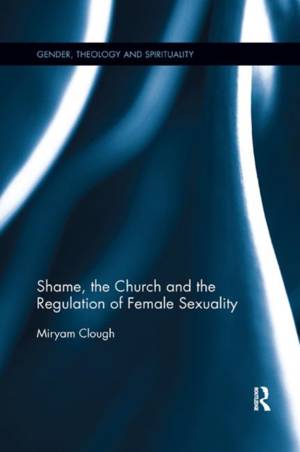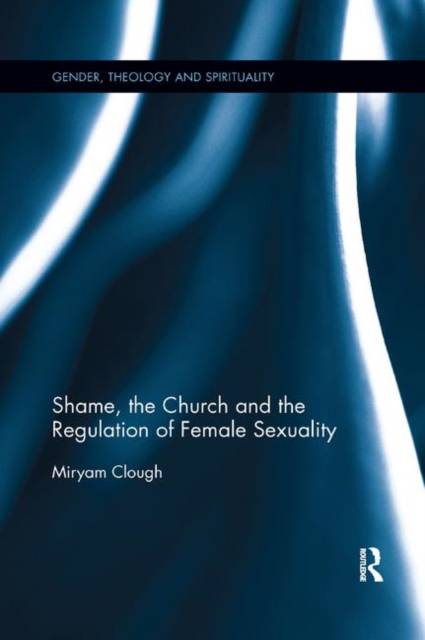
- Retrait gratuit dans votre magasin Club
- 7.000.000 titres dans notre catalogue
- Payer en toute sécurité
- Toujours un magasin près de chez vous
- Retrait gratuit dans votre magasin Club
- 7.000.0000 titres dans notre catalogue
- Payer en toute sécurité
- Toujours un magasin près de chez vous
Description
Shame strikes at the heart of human individuals rupturing relationships, extinguishing joy and, at times, provoking conflict and violence. This book explores the idea that shame has historically been, and continues to be, used by an oftentimes patriarchal Christian Church as a mechanism to control and regulate female sexuality and to displace men's ambivalence about sex.
Using a study of Ireland's Magdalen laundries as a historical example, contemporary feminist theological and theoretical scholarship are utilised to examine why the Church as an institution has routinely colluded with the shaming of individuals, and moreover why women are consistently and overtly shamed on account of, and indeed take the blame for, sex. In addition, the text asks whether the avoidance of shame is in fact functional in men's efforts to adhere to patriarchal gender norms and religious ideals, and whether women end up paying the price for the maintenance of this system.
This book is a fresh take on the issue of shame and gender in the context of religious belief and practice. As such it will be of significant interest to academics in the fields of Religious Studies, but also History, Psychology and Gender Studies.
Spécifications
Parties prenantes
- Auteur(s) :
- Editeur:
Contenu
- Nombre de pages :
- 208
- Langue:
- Anglais
- Collection :
Caractéristiques
- EAN:
- 9780367886530
- Date de parution :
- 12-12-19
- Format:
- Livre broché
- Format numérique:
- Trade paperback (VS)
- Dimensions :
- 155 mm x 231 mm
- Poids :
- 340 g

Les avis
Nous publions uniquement les avis qui respectent les conditions requises. Consultez nos conditions pour les avis.






